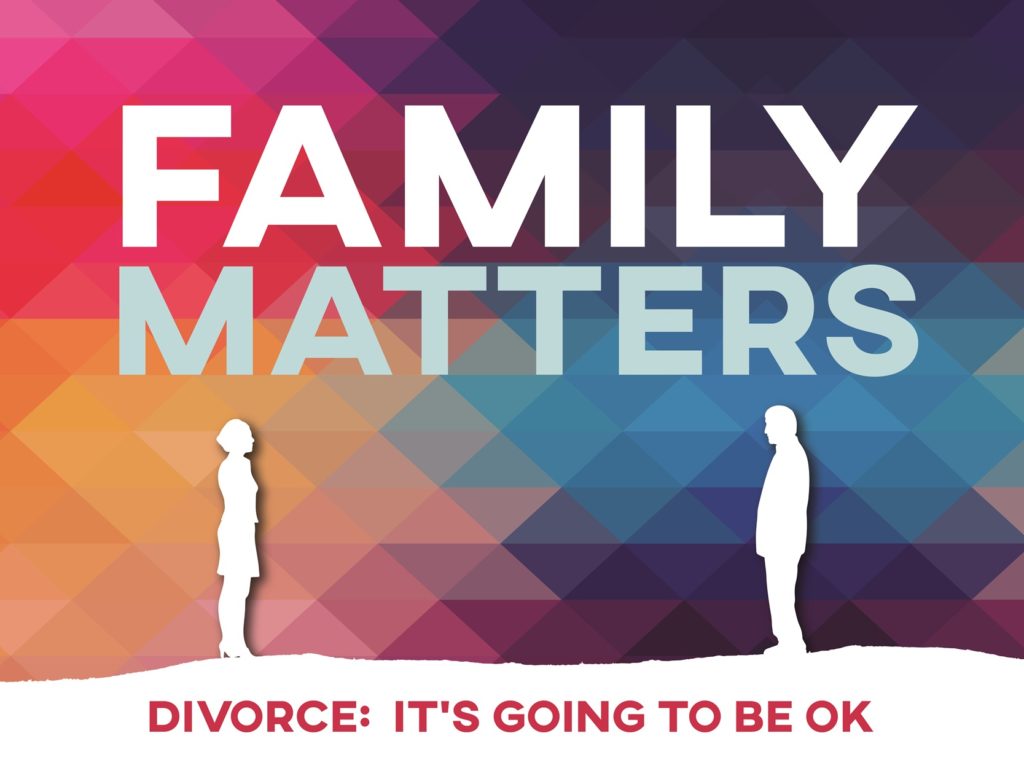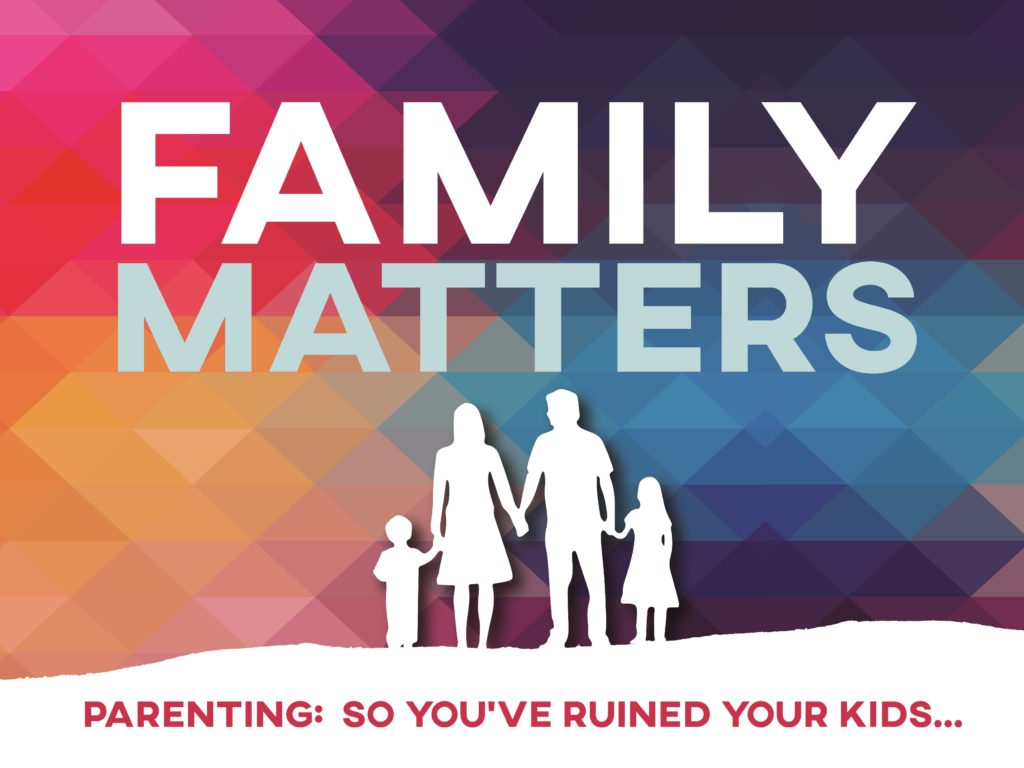The stuff we’ve been talking about here for the past two posts are things you’re going to be dealing with at some level for most of your life. The seeds of doubt, the questions about your own worth and salvation, the lack of assurance — you can’t defeat the devil. But Jesus defeats the devil for you. That’s the really good news: Jesus is your Savior and he defeats the devil for you.
“The reason the Son of God appeared was to destroy the devil’s work!” ~1 John 3:8
Look at how Jesus does this during that face-to-face in the desert. Jesus counters the devil from his solid position as God’s beloved Son and he uses the blessings and the promises of Scripture to defeat the devil for you.
Jesus quotes from Deuteronomy 8. I live on every word that comes from the mouth of God. I live and thrive on who God says I am, not in who you say I am. I believe what God says about me, not what you’re saying about me.
Then Jesus quotes Deuteronomy 6. Do not put the Lord your God to the test. Don’t question my identity in God. If he says he loves me and that I belong to him and that he’s well pleased with me, don’t you doubt that for a second.
Then Jesus says, “Away from me! I’m done with this! There’s only one God, the One who loves me and accepts me, the One whose image I share!”
“We do not have a high priest who is unable to sympathize with our weaknesses, but we have one who has been tempted in every way, just as we are — yet was without sin. Let us then approach the throne of grace with confidence, so that we may receive mercy and find grace to help us in our time of need.” ~Hebrews 4:15-16
We don’t just have the Word of the Lord, we also have the Lord of the Word. We don’t just have the book, as beautiful and as powerful as it is, we also have Jesus, the Holy Son of God himself.
Jesus is the One who crushes the head of the serpent. He’s the Savior lifted up on the stake, the One we look to for healing from the viper’s bites. He’s the One who throws the dragon into the fiery abyss.
Jesus Christ is not just a good man who shows us how to live. He’s also not just a King who destroys all evil in one mighty stroke. Evil is all around us, it’s inside us, we’re all infected. If Jesus came here to destroy all evil on the spot, he would have ended all of us, too. No, Jesus is a King who came to a cross.
Jesus’ death on the cross and his resurrection from the grave vindicates God’s blessing and validates God’s promises and destroys forever the work of the devil and his lies. Jesus tells us to pray, “Deliver us from the evil one.” And Jesus is the One who delivers.
If Jesus is who he says he is, you should believe him when he says who you are. What he says about you is true. What he’s placed in you is true. He wants you to view yourself and understand yourself, not through your past or even your present, but through his promise.
“We know that we are children of God, and that the whole world is under the control of the evil one. We know also that the Son of God has come and has given us understanding, so that we may know him who is true. And we are in him who is true — even in his Son Jesus Christ.” ~1 John 5:19-20
Peace,
Allan




Recent Comments